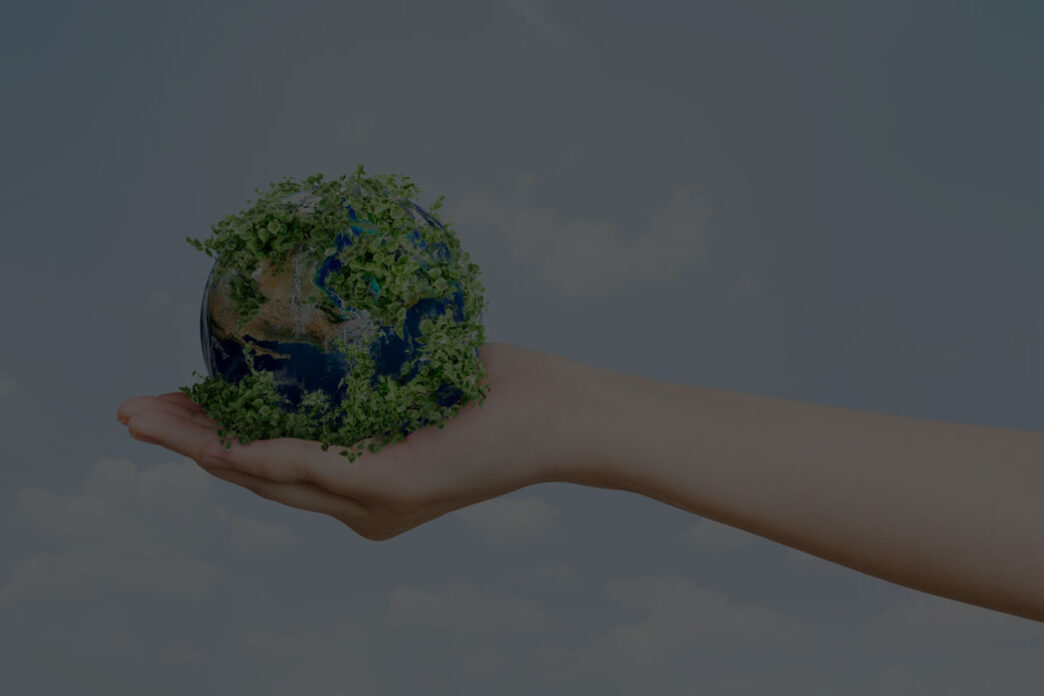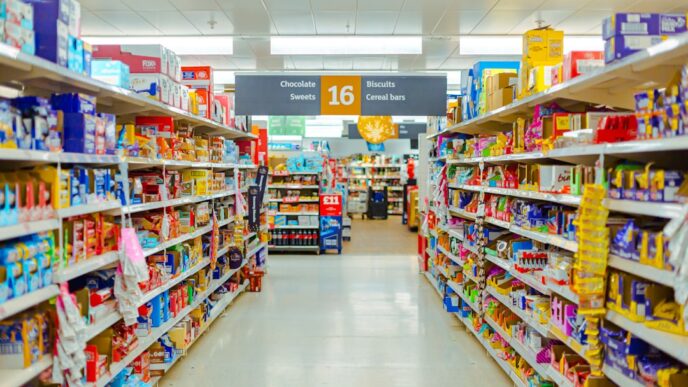The Growing Economic Threat of Climate Change
Climate change is no longer a distant environmental concern; it has emerged as one of the most pressing economic challenges of our time. From rising sea levels affecting coastal economies to unpredictable weather patterns disrupting agriculture, the financial consequences of a changing climate are vast and multifaceted. As the planet continues to warm, its economic repercussions are expected to grow, affecting industries, jobs, global trade, and governmental policies.
This article explores the economic impact of climate change, the sectors most vulnerable to its effects, and what lies ahead as we confront this growing crisis.
The Immediate Economic Costs of Climate Change
One of the clearest ways climate change is impacting the global economy is through the increased frequency and severity of natural disasters. Hurricanes, floods, wildfires, and droughts are becoming more intense, leading to devastating economic losses. The destruction caused by these events not only requires immediate relief efforts but also long-term rebuilding, which places a significant strain on both local economies and global financial systems.
For example:
- Hurricane Katrina in 2005 resulted in over $160 billion in damages in the U.S.
- Wildfires in Australia in 2020 led to losses exceeding $70 billion, damaging infrastructure and ecosystems.
These disasters can cripple entire industries such as agriculture, tourism, and real estate, reducing productivity and displacing workers. The economic costs are not limited to immediate recovery; they also extend to lost business revenue, increased insurance premiums, and a reduction in investor confidence.
Impact on Agriculture: A Threat to Global Food Security
Agriculture is one of the sectors most affected by climate change, given its reliance on stable weather conditions. Changing rainfall patterns, rising temperatures, and extreme weather events disrupt crop yields and livestock production. Regions that have historically been food exporters are facing crop failures, while others may find themselves dealing with new agricultural pests and diseases.
The food supply chain is increasingly vulnerable, with ripple effects felt across the global economy. When crops fail:
- Food prices rise, affecting consumer purchasing power.
- Countries reliant on food imports struggle with food security.
- Farmers and agricultural workers experience income losses, exacerbating poverty in rural areas.
Moreover, climate change-induced agricultural disruptions threaten the livelihoods of millions, particularly in developing nations, where agriculture is a cornerstone of the economy.
Rising Sea Levels and Coastal Economies
Rising sea levels pose a significant risk to coastal cities and economies around the world. As sea levels continue to rise due to melting ice caps and thermal expansion, coastal areas are increasingly vulnerable to flooding. Many major cities, including Miami, Mumbai, and Shanghai, face existential threats from this phenomenon.
For coastal economies, the effects are wide-ranging:
- Real estate markets in flood-prone areas experience declining property values as buyers and insurers factor in the risks.
- Tourism industries reliant on beaches and coastal attractions suffer as infrastructure is damaged, and locations become less attractive to visitors.
- Fishing and marine industries face habitat destruction and changing marine ecosystems, disrupting livelihoods and local economies.
In the long term, the cost of protecting these areas through infrastructure investments such as sea walls, levees, and flood management systems will be staggering, straining both public and private resources.
The Economic Toll on Global Supply Chains
Climate change is also disrupting global supply chains, with significant economic consequences. Many industries rely on predictable and stable supply chains that stretch across continents, but extreme weather events and rising temperatures are making these networks increasingly vulnerable.
For instance:
- Severe flooding can close factories or ports, halting production and delaying shipments.
- Droughts and water shortages can reduce hydroelectric power generation, leading to power cuts that disrupt industrial production.
- Wildfires and hurricanes can damage critical infrastructure like roads, bridges, and communication systems, leading to logistical delays and increased costs.
These disruptions lead to supply chain bottlenecks, higher transportation and production costs, and ultimately price increases for consumers. As climate change accelerates, businesses will need to rethink their supply chain strategies, placing greater emphasis on resilience and adaptability.
Climate Migration and Economic Displacement
One often overlooked consequence of climate change is its role in driving migration. As certain regions become less habitable due to extreme heat, droughts, or rising sea levels, people are forced to move in search of better living conditions. This climate migration has profound economic implications for both the regions people leave and the areas they move to.
- Source regions lose labor forces, reducing productivity and economic output.
- Receiving regions face increased pressure on housing, healthcare, and public services, which can strain local economies.
- Migration often results in social tensions and competition for jobs, resources, and opportunities, potentially destabilizing economies.
The economic costs of adapting to climate migration will be immense, requiring investments in housing, infrastructure, and social services in receiving areas, while simultaneously addressing the losses in regions being abandoned.
Policy Responses: The Economic Cost of Inaction
Governments and businesses are increasingly recognizing that the cost of inaction on climate change far outweighs the cost of mitigation. Failure to address climate change now will result in exponentially higher economic damages in the future, with devastating consequences for the global economy.
To mitigate the economic impacts of climate change, governments are:
- Implementing carbon pricing to reduce emissions and encourage businesses to adopt greener technologies.
- Investing in renewable energy to transition away from fossil fuels and reduce the carbon footprint.
- Promoting sustainable practices in agriculture, manufacturing, and transportation to reduce the overall environmental impact.
However, these policies come with their own economic trade-offs, such as job losses in carbon-intensive industries or the initial cost of transitioning to renewable energy sources. Yet, the long-term economic benefits of reducing climate change’s impact will far outweigh the short-term costs.
What Lies Ahead: A Call for Action
The future economic impacts of climate change will depend on how swiftly governments, businesses, and individuals respond to the crisis. While the economic risks are substantial, there are also significant opportunities for growth and innovation in green technologies, sustainable industries, and climate adaptation strategies.
To mitigate the most severe consequences, the global economy must:
- Transition to low-carbon energy sources to reduce reliance on fossil fuels.
- Invest in resilient infrastructure to protect communities from extreme weather events.
- Promote global cooperation in climate mitigation efforts to ensure that both developed and developing nations can tackle the issue together.
The path ahead will be challenging, but by addressing climate change proactively, we can not only minimize its economic damages but also create a more sustainable and resilient global economy.
Navigating the Economic Storm of Climate Change
Climate change is not just an environmental issue; it is an economic one that will shape the future of global markets, industries, and livelihoods. As the world faces this unprecedented challenge, understanding the economic implications of climate change is critical to making informed decisions. Policymakers, businesses, and communities must act now to mitigate the economic impact, adapt to the changes ahead, and build a more sustainable economy for future generations.









